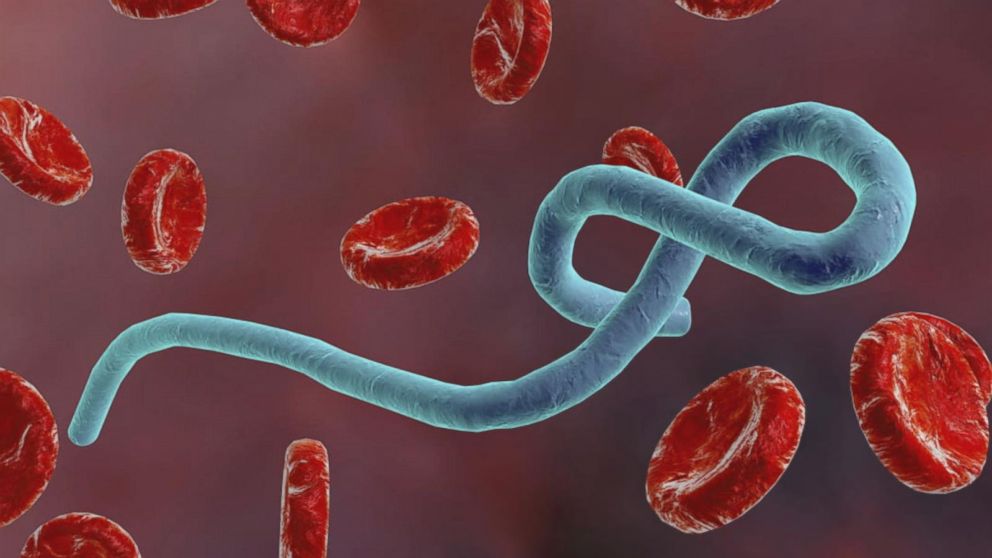Hyderabad researchers can now forecast pandemic
Wed 20 Dec 2023, 00:30:07

Researchers from Hyderabad can now predict the possible onset of a pandemic like a fresh Covid wave two weeks in advance. Yes, you read it right!
The wastewater surveillance system developed by researchers from the city-based Centre for Cellular and Molecular Biology (CCMB) can now forecast a pandemic or a fresh surge of bacterial or viral infections two weeks in advance.
The surveillance system, under successful implementation in Prayagraj, Uttar Pradesh and first tested in Hyderabad during the first Covid wave, found a correlation between surveillance results and test results two weeks later, suggesting that wastewater surveillance can be used for early detection of the disease. Through it, the researchers also highlighted the potential to use wastewater surveillance systems to understand antimicrobial resistance and to monitor diseases during large events.
The effectiveness of wastewater surveillance was first tested in August 2020 in Hyderabad by a team of researchers led by the then CCMB Director Dr R K Mishra. Recently, a senior scientist from CCMB Dr Archana Bhardwaj Siva along with local
administration implemented the early warning capability of wastewater surveillance in Prayagraj.
administration implemented the early warning capability of wastewater surveillance in Prayagraj.
Wastewater surveillance involves monitoring wastewater to gain insights into the presence and concentration of disease-causing pathogens in communities. The wastewater samples are usually collected from STPs and open drains. Besides detecting SARS-CoV-2, the system also identifies the polio virus, pathogens like adenoviruses, hepatitis A and E viruses, rotaviruses, bacteria and parasites like E. coli, Salmonella, Shigella, Ascaris, and Giardia.
In a paper, Dr Archana said they were exploring the possibility of incorporating wastewater surveillance as one of the tools for disease monitoring in the upcoming Kumbh Mela 2025 during which Prayagraj is expected to host over 400 million pilgrims from around the world.
Other applications of wastewater surveillance include the usage of it in some countries to track illicit drug use among their population. The wastewater-based epidemiology also has the potential to estimate socio-demographic characteristics and consumption patterns in an area, the senior scientist said.
No Comments For This Post, Be first to write a Comment.
Most viewed from Hyderabad
Most viewed from World
AIMIM News
Latest Urdu News
Most Viewed
May 26, 2020
Do you think Canada-India relations will improve under New PM Mark Carney?
Latest Videos View All
Like Us
Home
About Us
Advertise With Us
All Polls
Epaper Archives
Privacy Policy
Contact Us
Download Etemaad App
© 2025 Etemaad Daily News, All Rights Reserved.

.jpg)
.jpg)
.jpg)
.jpg)
.jpg)






.jpg)
.jpg)
.jpg)
.jpg)


























